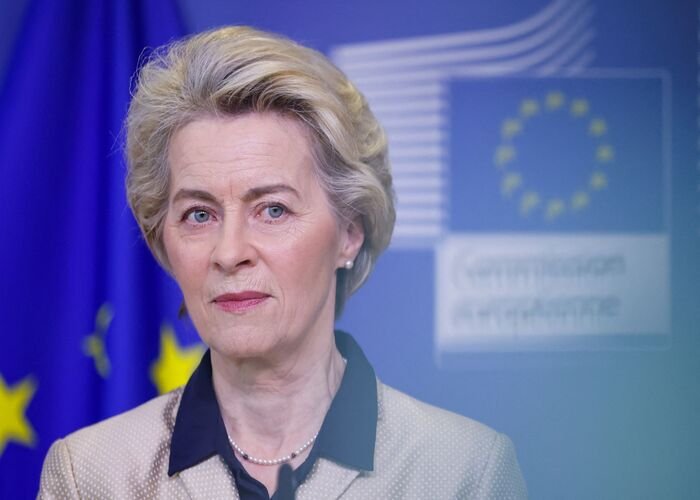Ursula von der Leyen, the president of the EU executive, announced in Skopje on Monday that the EU intends to contribute six billion euros to assist the Western Balkan nations in pursuing the changes necessary for integration with the affluent bloc.
According to von der Leyen, North Macedonia, Albania, Kosovo, Serbia, Montenegro, and Bosnia and Herzegovina must all take advantage of the “window of opportunity” for EU expansion and endeavor to harmonize their standards with those of the union.
The opening of the EU’s common market to the Western Balkan nations in sectors including energy, transportation, and free movement of goods and services is part of the EU’s new growth plan for the region, according to Von der Leyen. Additionally, it pushed the nations to implement the required reforms and develop a single regional market.
For instance, North Macedonia must enhance the economic climate, have an effective government, have stable public finances, and step up efforts to combat corruption. To grant Bulgaria’s desire to join the EU, it must also modify the constitution to recognize Bulgarians as a minority.
At the outset of her visit to the Western Balkans, von der Leyen stated, “These reforms will come with investment,” in a press conference alongside Prime Minister Dimitar Kovacevski of North Macedonia.
“We have proposed a 6 billion euro ($6.34 billion) package for Western Balkan partners,” she stated.
The economies of the Western Balkan nations make up around 42% of the average income of the EU, according to Von der Leyen, who stated that while the EU was prepared to begin providing 100 million euros in micro financial support, “we need to do more, we need to bring our economies closer.”
“What we aim to do together is to double your economy within the next decade,” she stated. Despite years of promises of EU membership, the region’s admission process has ground to a halt, mainly because of resistance from the bloc’s 27 members and a shortage of regional change.
The region’s first to start EU membership negotiations were Serbia and Montenegro, followed by North Macedonia and Albania in the previous year. However, Bosnia and Kosovo are still much behind their neighbors in this process.
































Comment Template